If your car feels sluggish when you step on the gas, don’t worry – you’re not alone. Many drivers experience this problem, and it can be frustrating. Thankfully, there are a few things that you can do to troubleshoot the issue and get your car moving again. This blog post will discuss some of the most common causes of a sluggish car and provide tips on how to fix them. Keep reading to learn more!
11 reasons why your car could be struggling to accelerate
Air Filter
A clogged air filter reduces the amount of air that can flow into the engine, resulting in reduced power and poorer acceleration. This can also cause your fuel consumption to increase and result in a decrease in overall performance. Additionally, it can also cause your engine to overheat due to the restricted airflow, leading to further issues.
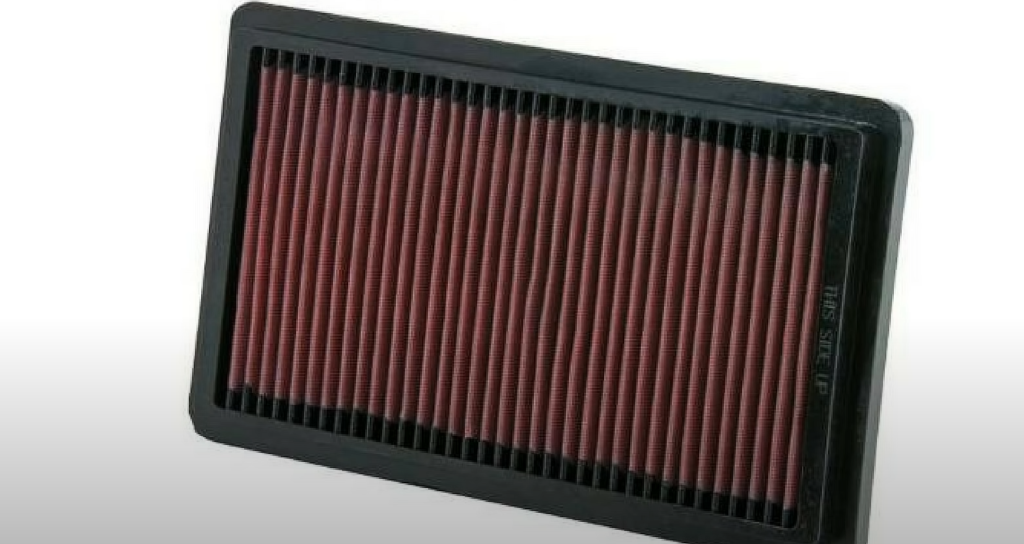
Spark Plug Issues
If your spark plugs are malfunctioning or worn out, they won’t be able to properly ignite the fuel in the cylinders which will result in reduced power and acceleration. This can also cause poor fuel economy and a decrease in overall performance. Ensure you check and replace your spark plugs regularly for optimal performance.
Fuel System
If the fuel system is faulty, it can result in inadequate fuel delivery to the engine, resulting in poor acceleration. Additionally, this can cause your car to misfire or stall and further issues such as poor fuel economy.
Engine Vacuum Leaks
Engine vacuum leaks are another common issue that can prevent your car from accelerating properly. These occur when air passes through a damaged or worn seal, causing a decrease in power and acceleration. Furthermore, these leaks can also lead to an increase in fuel consumption. Ensure you check and fix any vacuum leaks for optimal performance.
Ignition System Issues
The ignition system is responsible for supplying spark energy which is required to ignite the fuel in the cylinders. If this system is not functioning properly, it can result in inadequate spark energy which will cause a decrease in acceleration and power. Ensure you check and repair any issues with the ignition system for optimal performance.
Oil Level
If your oil level is too low or if the oil has become contaminated, it can lead to poor engine performance as well as reduced acceleration. Make sure to regularly check and replace your oil for optimal performance. Oil also helps to lubricate the engine which can improve performance.
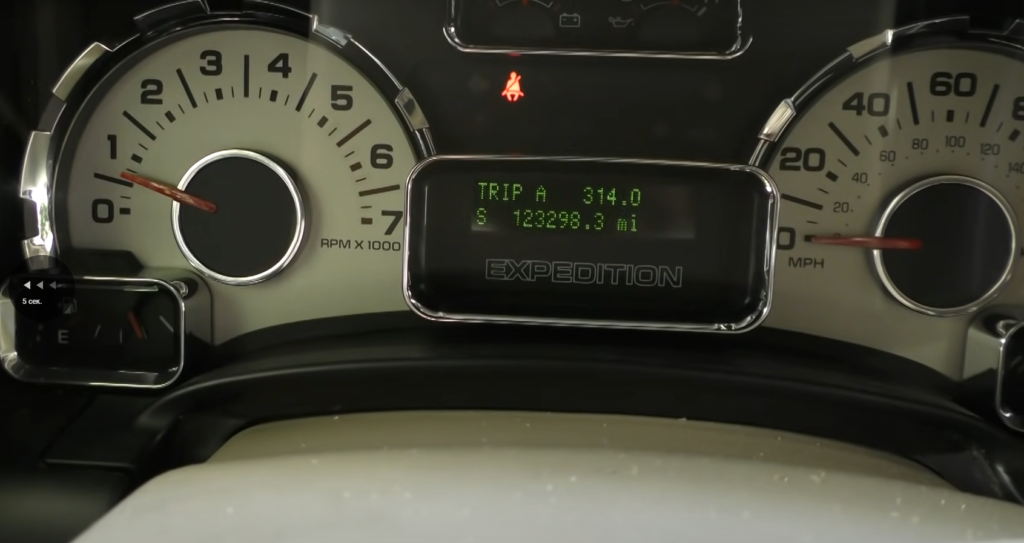
Exhaust System Issues
If there are any issues with the exhaust system, it can result in a decrease in power and acceleration. Make sure to check and repair any issues with the exhaust system for optimal performance. Additionally, this can also help to reduce harmful emissions from your vehicle.
Clutch Problems
If your clutch is not functioning properly, it can cause a decrease in acceleration as well as poor fuel economy. Additionally, it can lead to other issues such as stalling or misfiring of the engine. Ensure you get your clutch checked and repaired regularly for optimal performance.
Low Compression
Low compression can be caused by several issues such as worn piston rings, valves, or head gaskets. This can lead to reduced power and acceleration as well as poor fuel economy. Make sure to check and repair any issues with the engine for optimal performance. It helps to ensure that all parts of the engine are functioning properly.
Sensor Failure/Malfunction
Sensor failures or malfunctions can cause your car to not accelerate properly. They are responsible for providing data to the engine control unit (ECU) which is used to adjust fuel and ignition timing, as well as other functions. Ensure you get any issues with the sensors checked and repaired for optimal performance [1].
Transmission Issues
Lastly, transmission issues can also cause a decrease in power and acceleration. This is typically caused by worn or damaged internal components such as the clutch or torque converter. Make sure to check your transmission regularly for any problems and get them repaired as soon as possible.
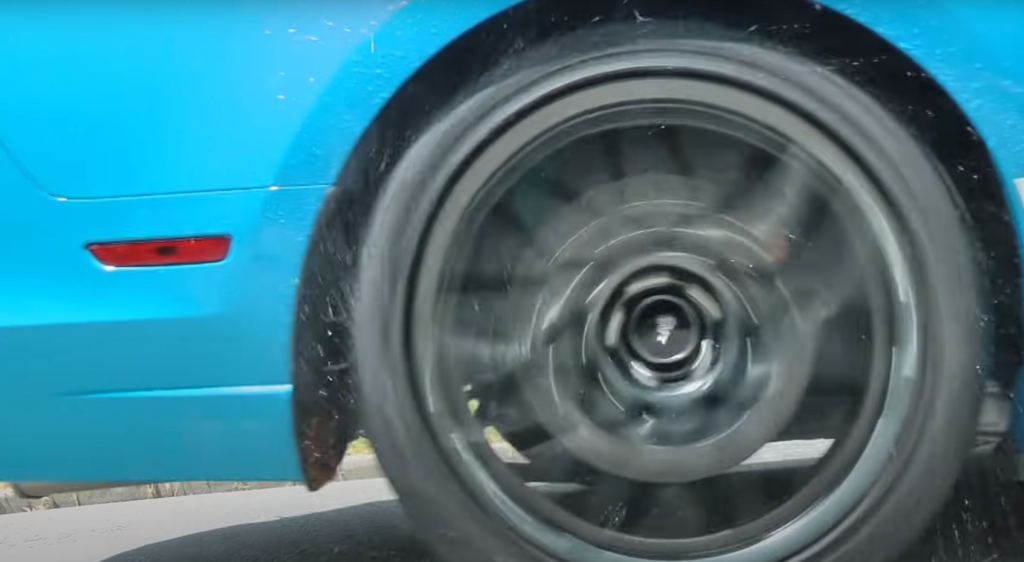
How to fix car sluggishness?
Car sluggishness can be caused by a variety of issues including poor fuel quality, dirty air filters, faulty spark plugs, worn-out injectors, clogged fuel lines, and more. To diagnose the cause of car sluggishness and fix it properly, it is important to start with some basic troubleshooting steps.
- Check your car’s oil levels – Low oil levels can lead to decreased performance as well as engine damage if not addressed immediately. Make sure your oil levels are at the recommended level for your vehicle before moving on to other potential causes.
- Replace air filters – Dirty air filters will restrict the amount of air entering your engine which can lead to a decrease in performance and power. Inspect and replace your air filters regularly.
- Check spark plugs – Faulty spark plugs can lead to a decrease in engine performance due to misfiring and poor combustion. Replace worn-out spark plugs to ensure optimal performance.
- Clean fuel injectors – Clogged or dirty fuel injectors can reduce engine power and cause poor acceleration, so it is important to clean them periodically to keep your car running smoothly and efficiently.
- Check the oxygen sensor – A faulty oxygen sensor will send incorrect readings to your vehicle’s computer which can result in poor engine performance and sluggishness. Have this component checked as soon as possible if you suspect it may be an issue.
- Inspect fuel lines for blockages – Debris or blockages in the fuel lines can lead to decreased engine performance. Have these inspected and cleared as soon as possible if you suspect they are the cause of your car’s sluggishness.
Once you have identified and addressed the underlying issue causing your car’s sluggishness, it should be running properly again. Regular maintenance such as air filter replacements, oil changes, and spark plug inspections will help to keep your vehicle running smoothly and prevent future issues from arising [2].
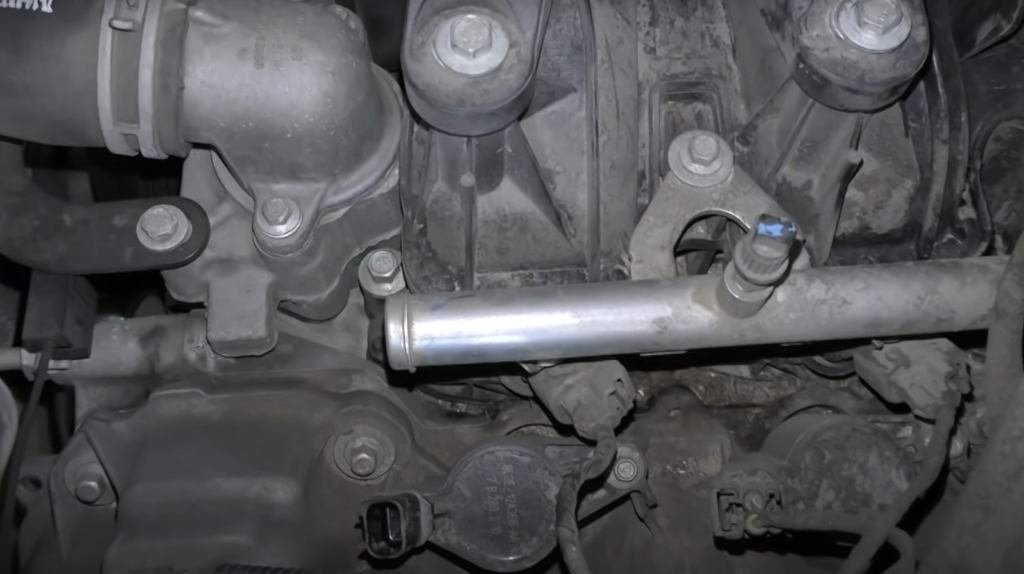
How to maintain a car before driving?
Maintaining a car before driving is essential for the safety of both the drivers and passengers. Here are some tips to help you ensure your car is always in top condition before taking it out on the road:
- Check fluid levels: Make sure all of your vehicle’s fluids, such as engine oil, transmission fluid, brake fluid, coolant, and windshield washer fluid are at the correct level. Doing so can prevent any unexpected breakdowns or problems while you’re on the road.
- Inspect tires and brakes: Look over your tires for signs of wear and tear such as bald spots or uneven tread wear. Also, check that your brakes are functioning properly; listen for any strange noises during operation or when braking.
- Check lights and signals: Ensure that all of your car’s lights are in working order, including the headlights, taillights, brake lights, turn signals, and hazard lights. Be sure to also check the mirrors for proper function.
- Examine the battery: Check to make sure that your vehicle’s battery is properly connected and functioning correctly by looking at its terminals and checking for any corrosion or damage.
- Perform routine maintenance: Follow the manufacturer’s maintenance schedule to ensure your car stays in top condition; getting regular oil changes and tune-ups on time can prevent any costly repairs down the line.
By following these tips you can ensure that your car is always in tip-top shape before you hit the road. Not only will it help to keep your car running smoothly and reliably, but it can also help to prevent any potential accidents or breakdowns while on the road.
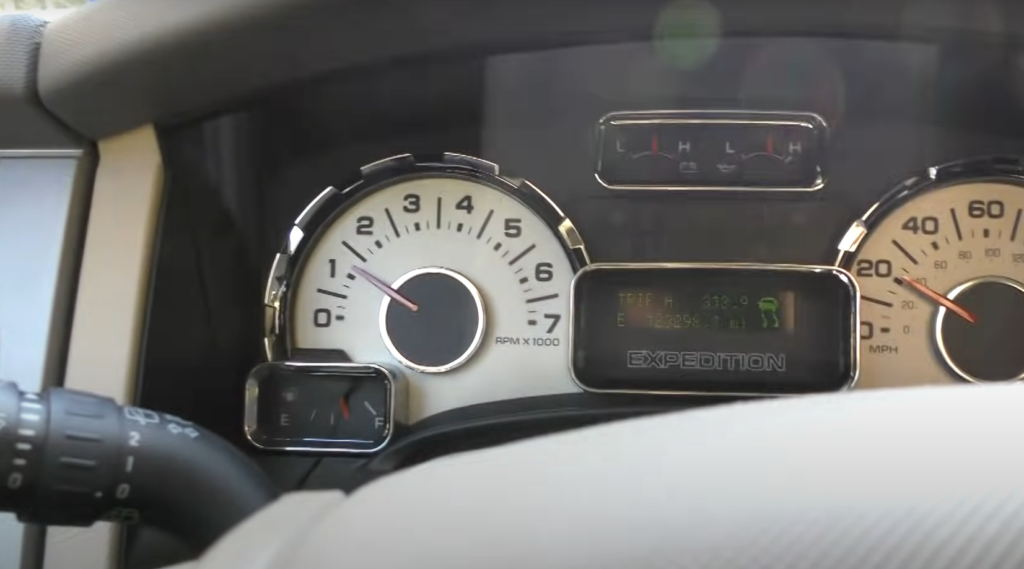
Revitalizing the Drive: Tackling Sluggish Acceleration in Your Car
Experiencing a lack of responsiveness when accelerating? Navigate the detailed table below to uncover potential causes, suggested actions, and preventive measures to restore optimal acceleration performance for your vehicle.
| Possible Cause | Symptoms | Actions to Take | Preventive Measures |
|---|---|---|---|
| 1. Clogged Air Filter | Sluggish acceleration, reduced power | Inspect and replace the air filter | Regularly check and replace the air filter according to manufacturer recommendations |
| 2. Fuel System Issues | Poor fuel efficiency, hesitation during acceleration | Clean fuel injectors, replace fuel filter if necessary | Use high-quality fuel, perform regular fuel system maintenance |
| 3. Faulty Oxygen Sensor | Reduced power, increased fuel consumption | Inspect and replace the oxygen sensor | Follow manufacturer’s recommended intervals for oxygen sensor replacement |
| 4. Transmission Issues | Delayed or rough shifts, poor acceleration | Check and service the transmission fluid, inspect for transmission problems | Follow recommended transmission maintenance schedules, avoid aggressive driving |
Explanation of the table:
- Clogged Air Filter: Sluggish acceleration and reduced power may be due to a clogged air filter. Inspect and replace the air filter regularly to ensure proper air intake.
- Fuel System Issues: Poor fuel efficiency and hesitation during acceleration can result from fuel system issues. Clean fuel injectors and replace the fuel filter as needed, and prioritize the use of high-quality fuel.
- Faulty Oxygen Sensor: Reduced power and increased fuel consumption may indicate a faulty oxygen sensor. Inspect and replace the oxygen sensor according to the manufacturer’s recommended intervals.
- Transmission Issues: Delayed or rough shifts and poor acceleration may stem from transmission issues. Check and service the transmission fluid, and inspect for potential problems. Follow recommended transmission maintenance schedules and avoid aggressive driving.
FAQ
How do you fix slow acceleration on a car?
There are a few things you should check when diagnosing slow acceleration on a car. Start by inspecting the fuel filter for any clogs or blockages, as this can restrict the flow of gasoline to the engine and cause sluggish performance. Make sure your air filter is clean, as that can also hinder acceleration if it’s dirty or blocked. Check the spark plugs for signs of wear and tear, as these may not be sparking properly, causing reduced power output. Finally, inspect all vacuum hoses leading to and from the intake manifold, which can affect acceleration due to air leakage.
What causes a transmission to slip?
Transmission slipping can be caused by a variety of issues, but the most common cause is low transmission fluid levels. If you’re having problems with your transmission slipping, check to make sure there’s enough fluid in the reservoir and top it up if necessary. Other possible causes include worn or loose bands or clutches inside the transmission, a faulty torque converter, or an issue with the internal computer system regulating shifts. If these potential causes are overlooked, more serious damage may occur that requires full transmission replacement.
How do I know when my car needs servicing?
It’s important to regularly service your car to keep it running smoothly and safely. Your vehicle’s user manual will list out recommended service intervals – usually based on mileage or the amount of time that has passed since the last service – so it’s a good idea to stick to those guidelines. If you notice any strange sounds, smells, or changes in performance while driving, it could also be an indication that your car needs servicing. Additionally, if you begin to notice fluid leaks under your car, this is another sign that maintenance is needed.
What are some common signs of brake wear?
Brake wear can be difficult to detect until it becomes severe, but there are a few signs you can look for ahead of time. If your brakes squeal, grind or make any other strange noises when applied, this is an indication that they need to be serviced immediately. Additionally, if the brake pedal feels spongy or weak when pressed down, this could also be a sign of wear. Lastly, if your car takes longer than usual to come to a complete stop when braking, it’s likely time for new brakes.
How often should I rotate my tires?
Tire rotation is important to ensure even wear and tear over all four tires. Generally speaking, it’s recommended that you rotate your tires every 5-10 thousand miles depending on how often you drive and the type of car you have. This can vary from vehicle to vehicle, so always consult your user manual for the recommended tire rotation intervals. Additionally, it’s also a good idea to inspect your tires every few months for any signs of wear or damage. If you do notice any issues with your tires, be sure to get them inspected and serviced as soon as possible.
What should I do if my engine overheats?
If your engine begins to overheat, the first thing you should do is pull off the road in a safe location and turn off the engine – leaving it running could cause further damage. Once stopped, allow the car to cool down before checking the coolant level in the radiator and topping it up if necessary. If the coolant level is already full, you may need to have a mechanic inspect your car for any underlying issues such as a faulty coolant system or an engine component malfunction. In extreme cases, it could also be a sign of a blown head gasket which requires immediate attention from a professional.
Why does my car feel like it’s struggling to accelerate?
If your car feels like it’s struggling to accelerate, the issue could be caused by a variety of factors. The most common causes are worn-out spark plugs or fuel injectors, but it could also be due to a clogged air filter or an issue with the fuel system. Additionally, there may be a problem with the initial spark or ignition system or the transmission slipping due to low fluid levels. If you’re having problems with your acceleration, it could be a good idea to take your car in for servicing and have it checked out by a professional. Doing so can help you identify the cause of the issue and get it fixed before more serious damage occurs.
Why does my car feel like it’s dragging when I accelerate?
If your car feels like it’s dragging when you accelerate, the issue could be caused by a variety of factors. Common causes include low transmission fluid levels, worn-out brakes, or an engine component malfunction. Additionally, if your car has recently been serviced and the oil isn’t changed regularly, this can also cause a feeling of dragging as well. If you’re experiencing any kind of dragging sensation while accelerating, it’s best to take your car in for servicing and have a professional inspect it for any underlying issues. Doing so can help identify the cause of the problem before more serious damage occurs.
What is the cost of replacing a Throttle position sensor (TPS)?
The cost of replacing a Throttle Position Sensor (TPS) will vary depending on the make and model of your car. Generally speaking, the cost can range anywhere from $50-200, plus labor. Additionally, it’s important to note that some cars require special tools to replace the TPS which could add to the overall cost of replacement.
Why does my car feel sluggish when I accelerate, and what steps can I take to address this issue?
If your car feels sluggish when accelerating, it may be due to various reasons. Start by checking the air filter to ensure it’s clean and not restricting airflow. Additionally, examine the fuel system, including the fuel filter and injectors, to ensure proper fuel delivery. If these components are in good condition, consider checking the spark plugs and ignition system. If the issue persists, it’s recommended to have your vehicle inspected by a qualified mechanic who can diagnose and address potential issues with the engine, transmission, or other related systems.
Can a clogged air filter contribute to my car feeling sluggish during acceleration?
Yes, a clogged air filter can contribute to a sluggish feeling during acceleration. The air filter plays a crucial role in allowing clean air into the engine. If the filter is clogged, it restricts airflow, affecting the air-fuel mixture and overall engine performance. Regularly check and replace the air filter as part of routine maintenance to ensure optimal engine efficiency.
How does the condition of the fuel system impact the acceleration performance of my car?
The condition of the fuel system, including the fuel filter and injectors, significantly influences acceleration performance. A clogged fuel filter or dirty injectors can impede the proper delivery of fuel to the engine, resulting in sluggish acceleration. Regularly maintaining the fuel system by replacing the fuel filter and using fuel system cleaners can help prevent these issues.
What role do spark plugs play in the acceleration of my car, and how often should they be replaced?
Spark plugs play a crucial role in the ignition process, generating the spark needed for combustion in the engine. Worn or fouled spark plugs can lead to inefficient combustion and sluggish acceleration. It’s generally recommended to replace spark plugs according to the manufacturer’s guidelines, typically every 30,000 to 100,000 miles, depending on the type of plugs used.
Are there other factors, aside from the engine, that could cause my car to feel sluggish during acceleration?
Yes, aside from the engine, other factors can contribute to a sluggish feeling during acceleration. Issues with the transmission, such as slipping or delayed shifts, as well as problems with the exhaust system, could impact acceleration performance. If you experience persistent sluggishness, it’s crucial to have a comprehensive inspection by a qualified mechanic to identify and address any potential issues affecting overall vehicle performance.
Is it safe to continue driving if my car feels sluggish during acceleration, or should I seek immediate attention?
If your car feels sluggish during acceleration, it’s advisable to seek attention from a qualified mechanic sooner rather than later. While it may not always indicate a severe problem, addressing the issue promptly can prevent further damage and ensure the optimal performance of your vehicle. Delaying necessary repairs may lead to more extensive and costly issues.
Useful Video: Why is my vehicle running sluggish
Conclusion
If a car feels sluggish when accelerating, it could be due to several issues. The most common causes include clogged fuel injectors, worn spark plugs, and insufficient lubrication. Other less common issues can also cause sluggish acceleration, such as vacuum leaks in the intake system or a failing alternator. It is important to diagnose the issue correctly so that the proper repairs can be made to ensure optimal performance for your vehicle. Making sure that all components are properly maintained will help prevent any future problems with sluggish acceleration and keep your car running smoothly for years to come.
References
- https://www.mysfcarguys.com/blog/does-your-car-feel-sluggish–here-are-8-reasons-why-
- https://issautomotive.com/blogs/throttle-response-controller/car-slow-to-accelerate-and-top-6-fixes







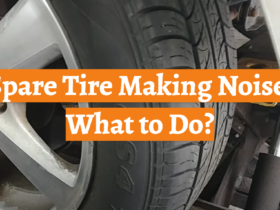


Leave a Review